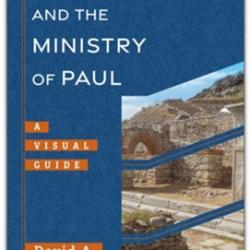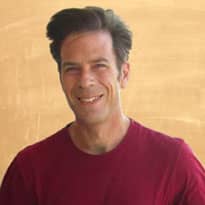Oscar Wilde, another of Hitchens' favorites, did convert at the eleventh hour, with the help of Robbie Ross, who ordered up a Passionist priest to the Hotel Alsace like a hock and seltzer. But the pull Wilde felt toward Catholicism dated back decades—to his years at Trinity College. While on a term break from Oxford, he made a pilgrimage to Rome and enjoyed a private audience with Pope Leo XIII. The experience filled Wilde with such enthusiasm that he wrote of the city's new rulers—the house of Piedmont-Sardinia and its bureaucracy—as barbarian occupiers. However, he ducked out of a scheduled re-baptism and remained, as he put it, "an Irish Protestant" with "no religion" until his final minutes.
Wilde's life and work, then, challenge Christians to pinpoint and work out the underlying tensions between belief and doubt, attraction and repulsion. To borrow from another world religion, he's neither entirely kosher nor entirely un-kosher. An about-face from the polemical Hitchens would have presented critics with an even more monumental task. Unlike Wilde, he showed no interest in the sacraments for their own sake. What could have brought him around?
Judging by Hitchens' record, it would have been a conversion on utilitarian grounds. Only a conviction that Christianity was the surest path to freedom, dignity and prosperity for the greatest number would have done the trick. Given the enormous distance separating Hitchens' definition of these concepts from the Church's, it's understandable no bridge was built.
Wherever Hitchens is now—whether or not he has, to his own surprise, found things to love and link with—his work remains, for us to love and link with as we please. Me, I'll relish it as a constant challenge to my faith, and admire it as the horns of a goat among sheep, one who made a good bid for king of the mountain.





